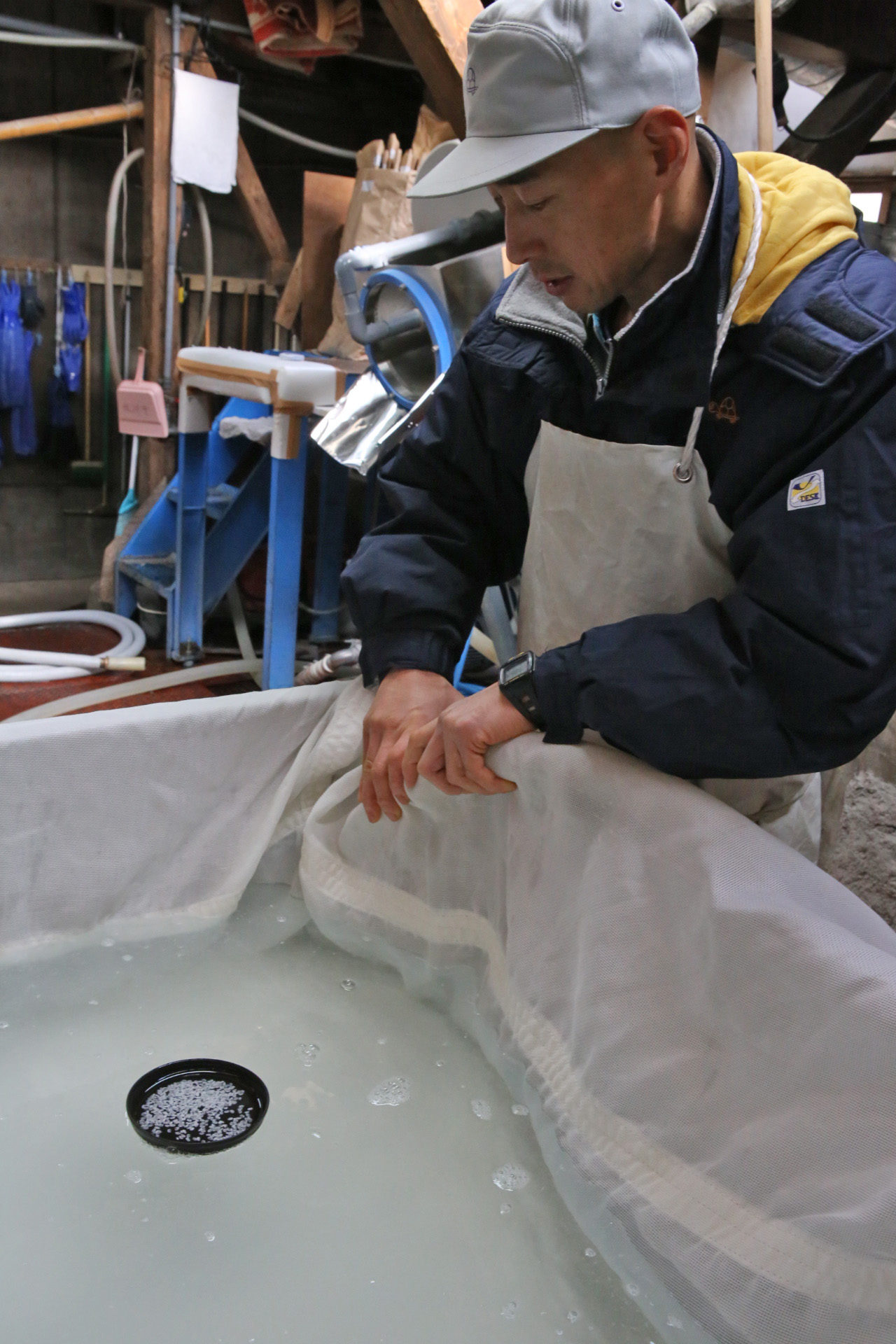By water hardness
What water should be used?
Sake is made of at least 80% water. It is the main ingredient and undeniably influences the taste. In the final stages of the sake-making process, water is even added to adjust the taste. Water is also used to clean, soak and steam the rice, and to clean utensils and equipment. The taste of the water leaves its mark.
La teneur en minéraux est déterminante du goût du saké. Le fer et le manganèse induisent des odeurs et des saveurs désagréables tandis que le potassium, le magnésium et certains composés de phosphore nourriront le Koji* et les levures qui s’activeront et se propageront d’autant mieux pour envahir plus vite le brassin diminuant les possibilités qu’il soit contaminé par d’autres organismes nuisibles.
Pure spring water is therefore required. It is said that hard water is better for making good sake than soft water. Hard water will make a drier sake, while soft water will make a sweeter sake.
Beware!
Some breweries use mains tap water which they will filter and re-mineralise. it is also always possible to rebalance the minerals in your water, even spring water, to have an ideal water.
I don't think it's a problem, but if you do it, it's good to say so. Too many breweries communicate about their water or their traditions, making lies by omission.
The hardness of water varies from source to source. It is determined by the concentration of certain minerals, especially magnesium, calcium and calcium carbonate. It is measured in parts per million (ppm). At less than 60 ppm, the water will be considered very soft; in Japanese it is called nansui 軟水On the other hand, if it contains more than 120 ppm, it is called hard; it is called kôsui 硬水
soft water = 0 to 60ppm
medium hard water = 60 to 120ppm
hard water = from 120ppm
evian = 345ppm
Koji* = microscopic fungus that enables enzymatic fermentation by transforming rice starch into sugar
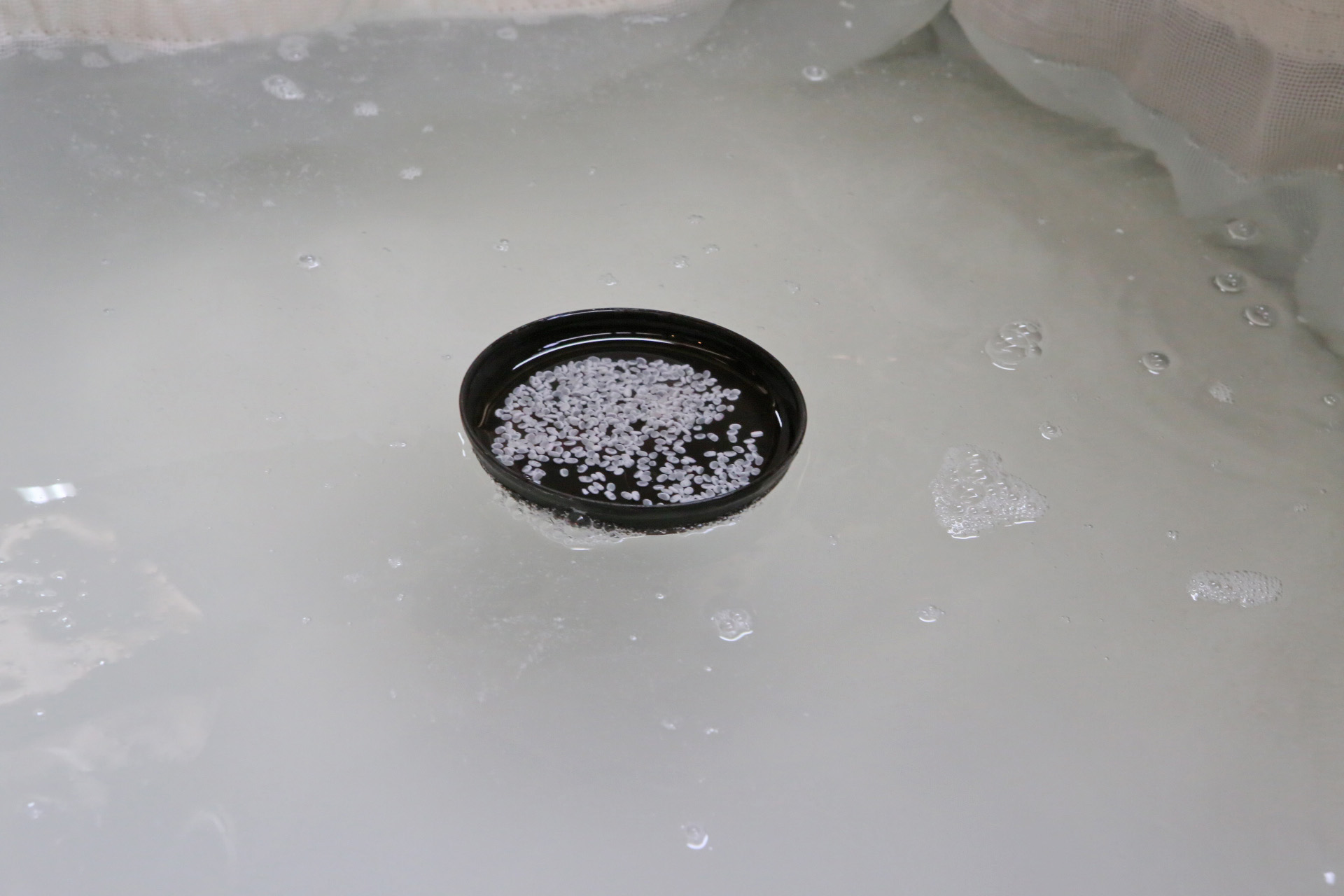
Soft water < to 60PPM
Water is considered soft if its PPM is below 60PPM.
The water hardness is an indicator of the mineralization of water. It is due solely to calcium and magnesium ions.
Hardness is expressed in PPM or mg/L of CaCO3.
Water is considered soft if its PPM is below 60PPM.
The water hardness is an indicator of the mineralization of water. It is due solely to calcium and magnesium ions.
Hardness is expressed in PPM or mg/L of CaCO3.
-
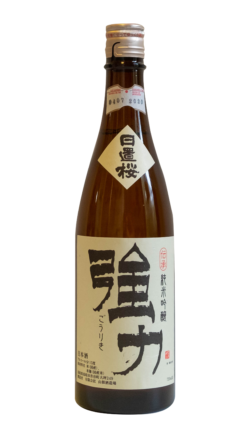
Hiokizakura Junmai Ginjo Densho Ghoriki
32,50 € – 65,00 € -
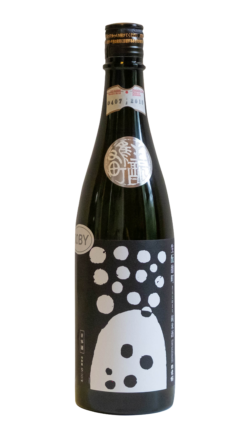
Hiokizakura Junmai Kimoto Omachi
32,50 € – 65,00 € -
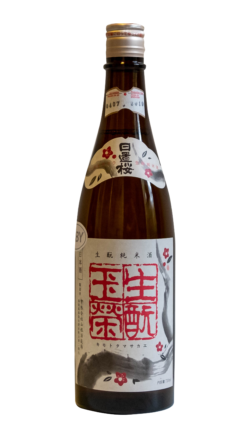
Hiokizakura Junmai Kimoto Tamasakae
35,50 € – 71,00 € -
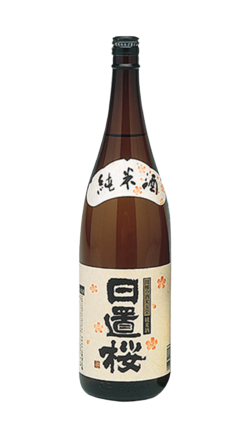 Rupture de stock
Rupture de stockHiokizakura Junmai Muroka
43,00 € – 86,00 € -
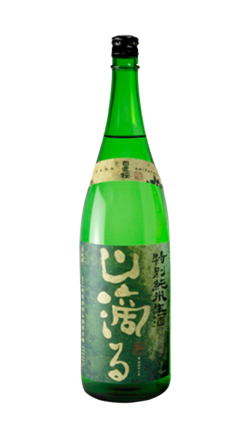
Hiokizakura Junmai Tokubetsu Nama Muroka « Yama Shitataru »
44,00 € – 88,00 € -
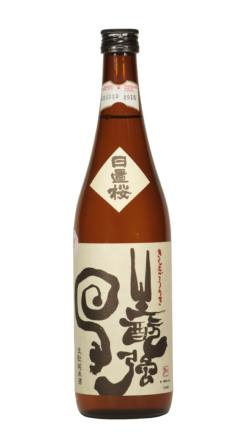 Rupture de stock
Rupture de stockHiokizakura Junmai Kimoto Ghoriki
47,00 € – 92,00 € -
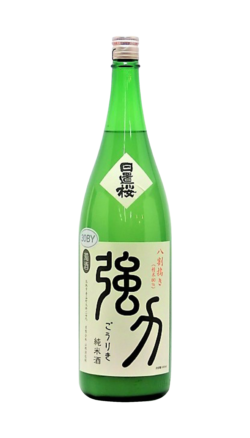 Rupture de stock
Rupture de stockHiokizakura Hachiwaribiki Junmai Muroka Nigori
47,00 € – 94,00 € -
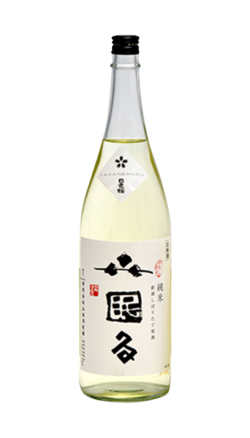 Rupture de stock
Rupture de stockHiokizakura Yama Nemuru Junmai Shiboritate Nama Genshu Muroka
51,00 € – 102,00 € -
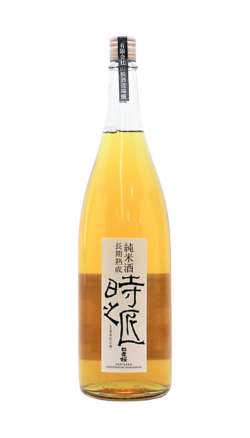
Hiokizakura Toki no Takumi Junmai Muroka Koshu
79,00 € – 158,00 €
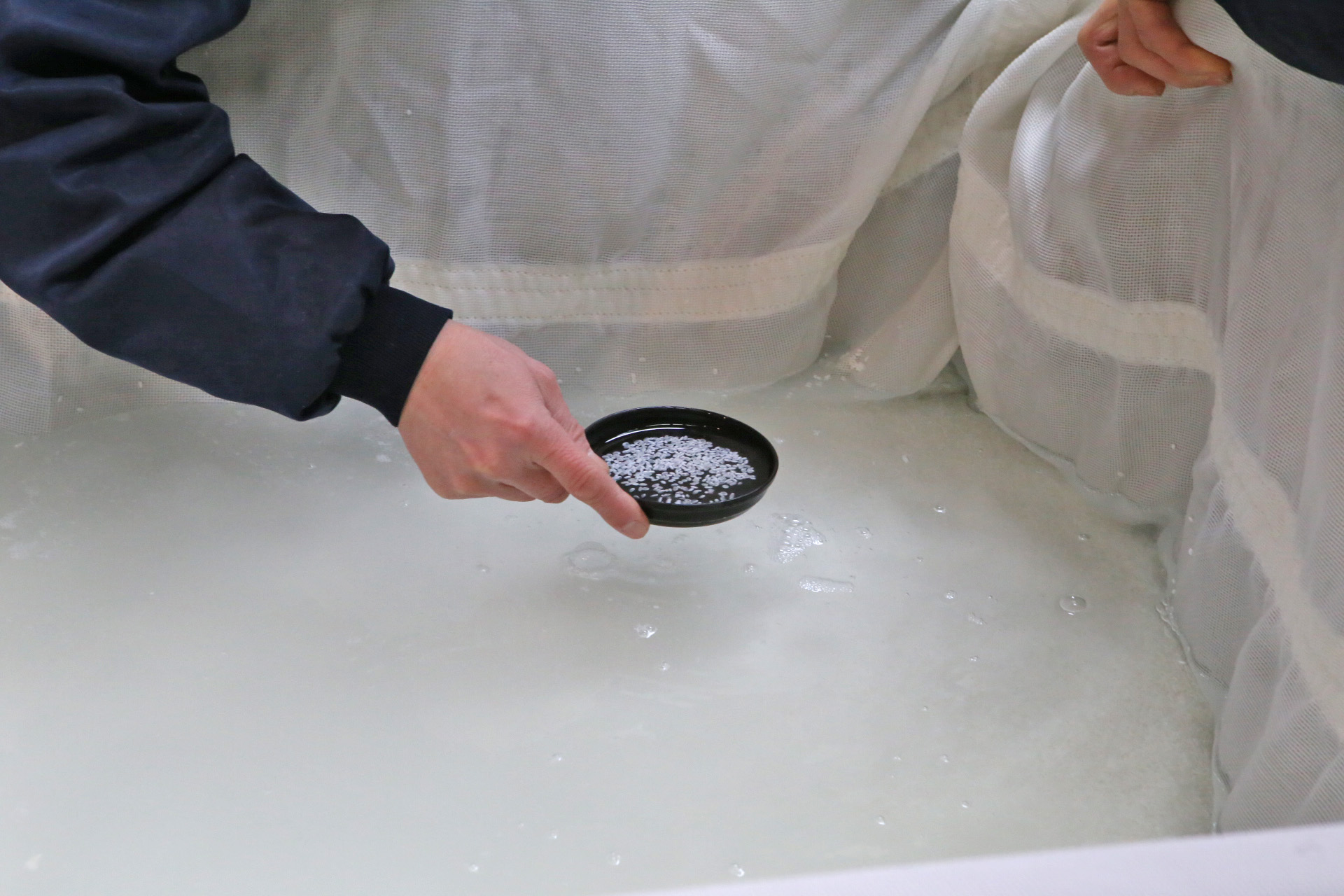
Medium hard water between 60 and 120ppm
-
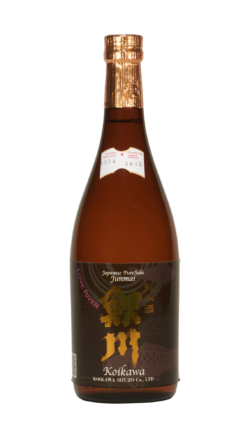
KOIKAWA Junmai
44,00 € – 81,00 € -
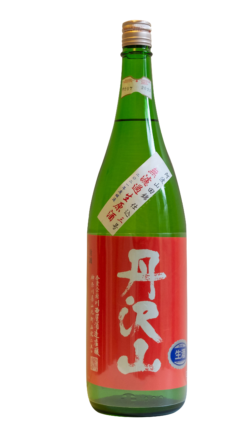
Tanzawasan Label rouge Yamada-Nishiki Junmai Nama Genshu
46,00 € – 106,00 € -
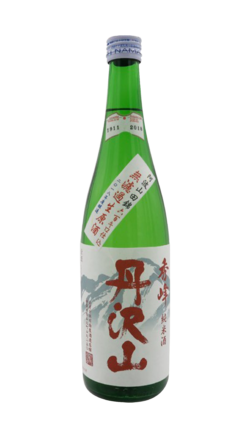
Tansawasan Shuho Junmai Nama Muroka Genshu
47,00 € – 94,00 € -
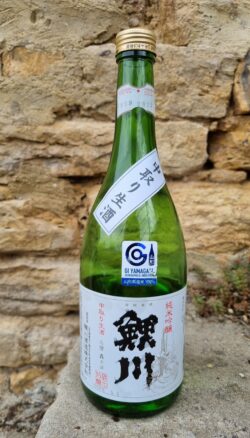
Koikawa junmai ginjo nama nakadori miyama-nishiki
49,50 € -
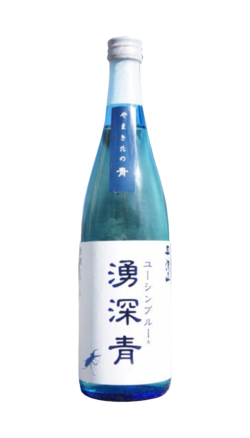
Yushin blue Junmai Ginjo Namachozo
51,00 € – 52,00 € -
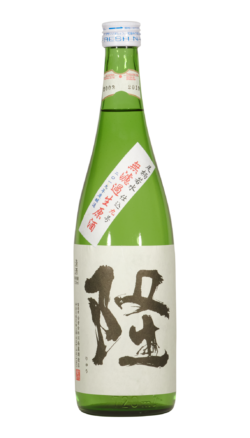 Rupture de stock
Rupture de stockRyu Wakamizu Junmai Nama Muroka Genshu
52,00 € – 104,00 € -
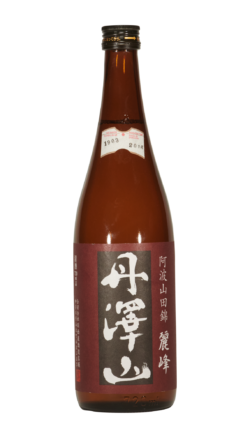
Tansawasan Reyho Junmai
53,00 € – 108,00 €
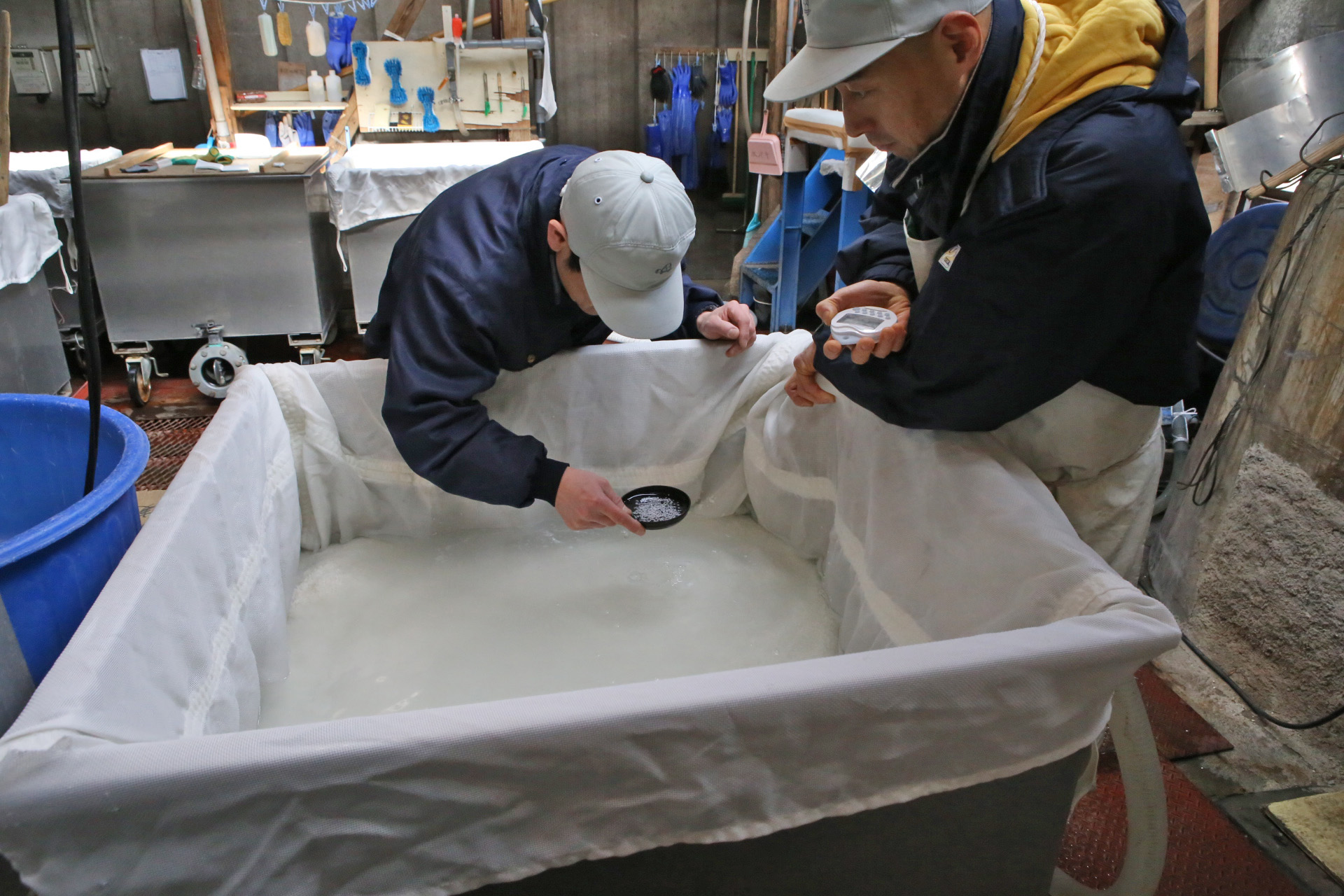
Hard water > to 120PPM
-
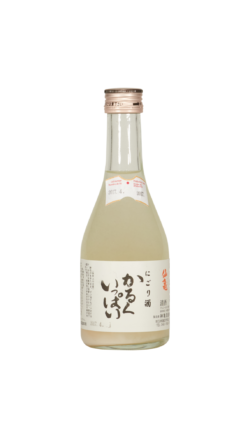
Senkame Junmai Nama Nigori Sparkling
14,00 € -
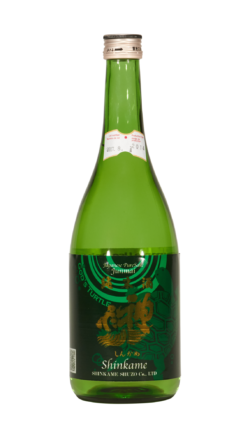
Shinkame Junmai
24,00 € – 96,00 € -
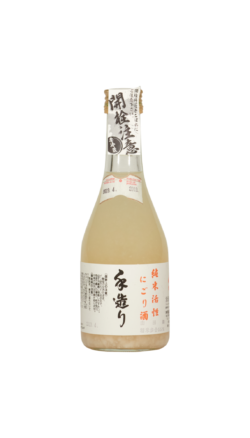
Shinkame Junmai Nama Nigori Sparkling
25,00 € – 56,00 € -
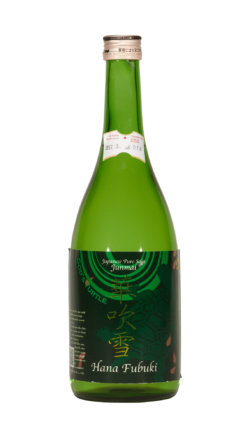 Rupture de stock
Rupture de stockHanafubuki Junmai
43,00 € – 86,00 € -
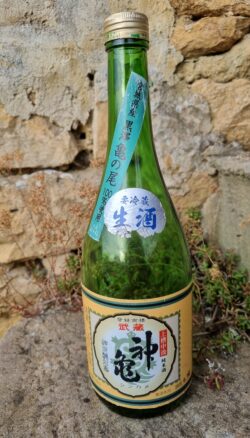
Musashi shinkame junmai
69,50 €
Funakuchi 2022 -
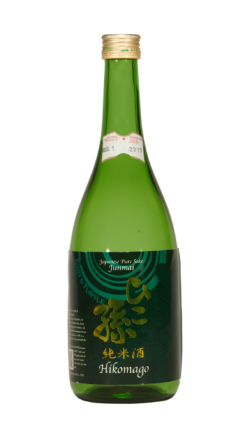
Hikomago Junmai
850,00 € – 4.000,00 € -

Shinkame Junmai
900,00 € – 3.600,00 € -

Hanafubuki Junmai
900,00 € – 3.400,00 € -
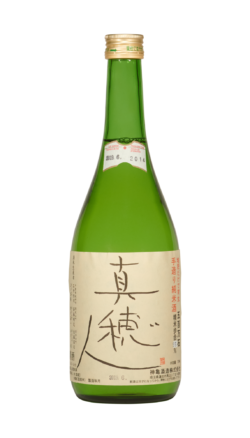
Mahoto Junmai
1.500,00 € – 3.400,00 € -
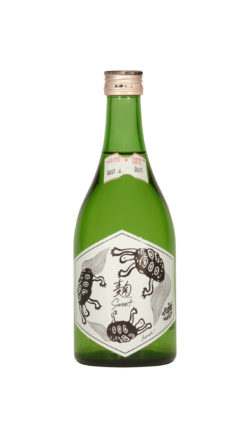
Shinkame Junmai Nama Sweet 14
1.500,00 € -
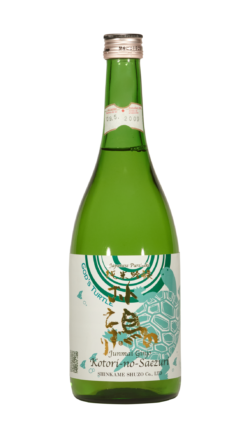
Kotori no saezuri Junmai Ginjo
3.200,00 € – 10.000,00 € -
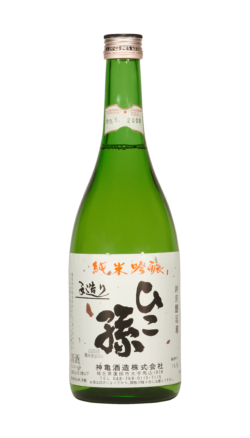
Hikomago Junmai Ginjo Nanago
3.200,00 € – 10.000,00 € -
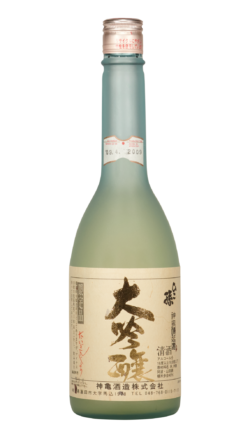
Hikomago junmai daiginjo
4.000,00 € – 16.000,00 € -
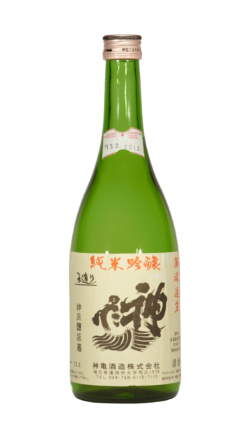
Shinkame Junmai Ginjo Muroka Nama 2013
4.500,00 € -
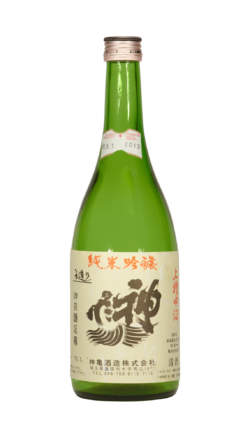
Shinkame Junmai Ginjo Nama Funakuchi 2013
7.500,00 € -
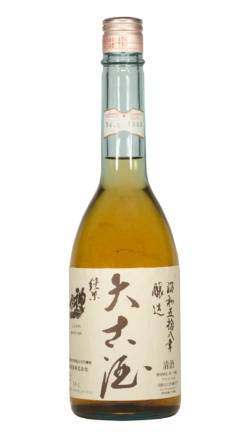
Shinkame junmai Dai koshu 1983
8.500,00 € – 12.000,00 € -
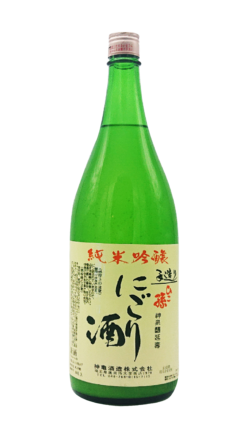
Hikomago Junmai Ginjo nama Kase nigori Sparkling Koshu
10.000,00 € -
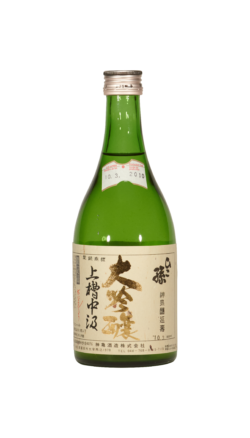
Hikomago Junmai Daiginjo
12.000,00 €
Funakuchi 2010,17 -
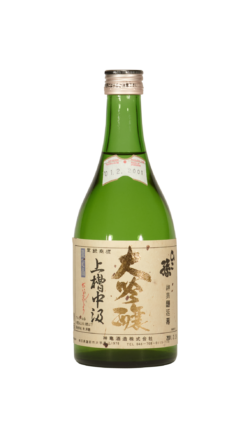
Hikomago Junmai Daiginjo
12.000,00 €
Funakuchi 2001,02,03 -
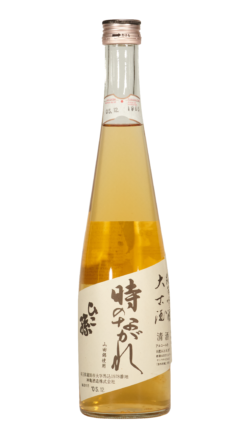
Toki no nagare junmai ginjo
17.000,00 €
Dai koshu blend 1984,85,86

